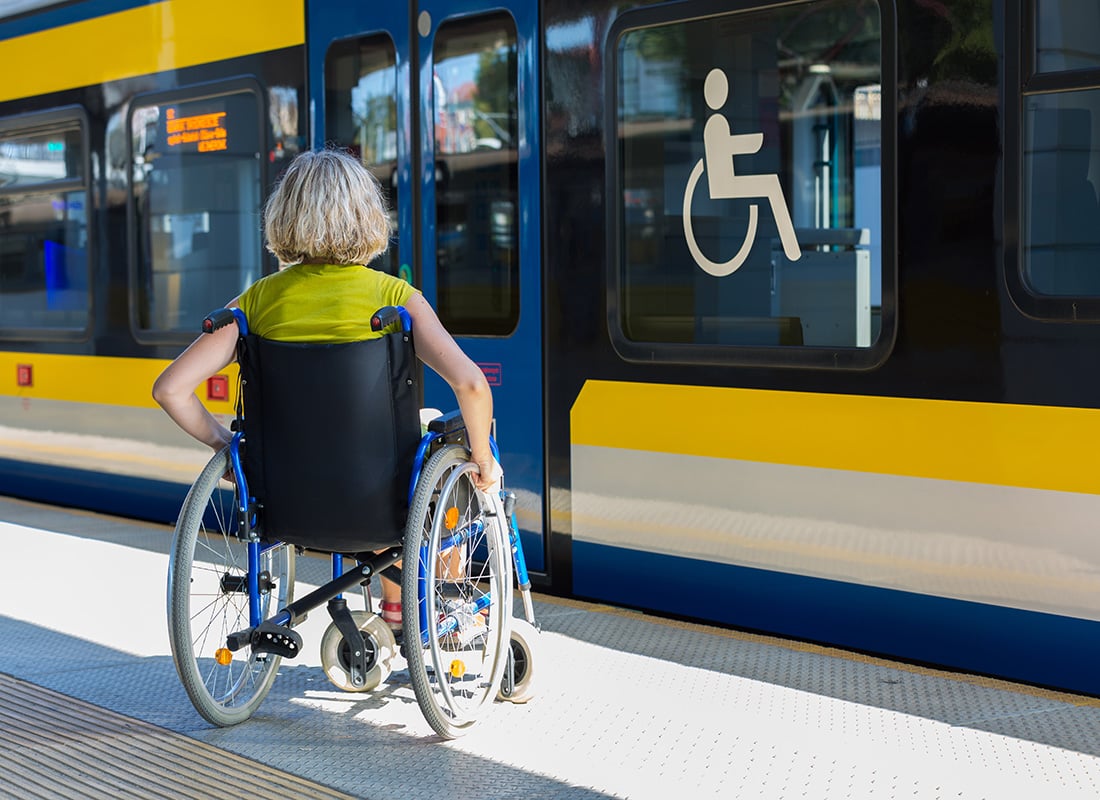According to a recent survey by IDC in Europe, 47 per cent of employees are now considered to be mobile. This means they are rarely in what most of us see as a standard office or workspace. IDC predicts that by 2012 95 million people will be working remotely and they will mostly need technology to enable them to do this.
Almost all mobile workers rely on laptop PCs to do their work and recent surveys have shown that half of all new PCs bought by SMEs in Europe are now laptops. In fact in the UK it is now a 60/40 split towards laptops, ahead of almost all other countries including Japan.
That said, though, assigning laptops to staff isn't a one size fits all situation. Different aspects need to be taken into consideration such as durability; where the device will be used; security; protecting the data on the device should it be lost; connectivity, as laptops now need more than just Wi-Fi; and this is all in addition to specific individual requirements.
When it comes to durability there are options such as extreme ruggedised laptops that will withstand even the most harsh treatment, but this comes with not only a financial cost but a weight penalty too. Companies such as Toshiba uses materials such as magnesium to give its cases strength without being too heavy. Others like Sony use carbon fibre and Apple is now synonymous with aluminium.
Valuable data
In fact now that it's possible to fit drives with storage of around 350GB in laptops, the data that's on the PC is worth more than the hardware itself. Therefore other technologies have been developed such as accelerometers in hard drives that detect when a device is dropped so that the heads can be 'parked' out of the way to minimise damage.
Other features to reduce the risk of damage include making the motherboard smaller so that there is less risk of it flexing, mounting rubber on the corners of HDDs and incorporating a layer of sponge under the keyboard to limit damage from unwanted liquid spillages. The latter won't stop your PC from dying, but it should give you enough time to try and save your work.
Perhaps the biggest issue facing mobile workers is the risk of losing their laptop. According to research by the Ponemon Institute, 3,300 laptops are mislaid at the top eight European airports every week - 10,000 are lost every month in the US. With these startling figures in mind manufacturers need to consider ways to prevent the valuable data that these laptops contain from being read.
Fingerprint readers are now an option on a lot of laptops but even features such as these can only make machines at most 80 per cent secure according to some industry experts. Laptop manufacturers are adding their own bespoke tools to existing strategies, but even these can only raise the security levels so far and nothing is ever 100 per cent safe.
Toshiba has developed a tool that works using Bluetooth and the user's mobile phone. When the user is sitting at their desk the phone connects with the laptop. Then whenever the person stands and walks away from their desk, as long as they take their phone with them, their PC automatically locks as the Bluetooth connection is lost.
Other features include the ability to lock down certain parts of a machine, such as the CD-RW drive to prevent situations like the recent one at HMRC where a member of staff put details of parents on to CDs and then couriered them to a colleague.
Face recognition
Toshiba also has a research lab in Cambridge that is working on facial recognition for laptops and fingerprint readers that can examine the veins under the skin and not just the patterns on the finger tips. According to its data the number of false positives for the current technology is only quarter of one per cent.
To some though even this is still too high. One of the biggest problems for businesses is when mobile data is lost either on USB memory sticks or hard drives, as recovery of these items is nearly always impossible. Toshiba is also working on ways to deal with this. One solution is encryption, another is to remove all unwanted access from the drives altogether.
Toshiba has developed an external hard drive that can only be used after scanning the owner's fingerprint. Without it the drive is effectively useless as the disk controller is disabled. The drive could be dismantled, but this would have to be done within a dust-free environment, otherwise the drive would be ruined.
Perhaps one of the biggest issues facing mobility is having enough power to last you during your journey and also for when you arrive at your destination. So that users can get more work done, Toshiba, and many other laptop manufacturers, are working on new types of batteries.
Fuel cells
One possibility is the fuel cell that a lot of companies have been working on for a number of years. This works by filling a battery with whatever liquid it requires and then, through a chemical reaction, creating its own electricity. These batteries often produce by-products such as water, but these are in such small amounts that it wouldn't be noticeable.
Fuel cells are still some way off though, mainly due to the logistics of getting the liquids required for them to the right places. However, this doesn't mean the end for conventional style batteries. Toshiba has developed what it calls the SCiB, the super charge ion battery.
This works in the usual way of needing to be charged up before you leave, but instead of taking hours to do this they can be 90 per cent full in only 10 minutes - six times faster than standard lithium-ion batteries.
To make the batteries, Toshiba uses a new negative electrode material in its SCiB, rather than carbon, and uses lithium titanate in the new battery, resulting in a shorter recharge time and an improved recharge lifecycle, according to the company.
Toshiba claims the SCiB's recharge life cycle has been improved to 6,000 times, compared to the previously possible 500 times and it has even been proved to work at extreme temperatures.
The best thing though is that this isn't something we will have to wait years for because according to Thomas Teckentrup, general manager for marketing and business development at Toshiba Europe, they will be on the market before the end of 2008.
The final part in the mobility chain is connectivity, which these days needs to be more than just Wi-Fi. With the emergence of 3G, this too is being integrated into laptops as well as smart phones. Other options are available but not in all territories.
The USA and Russia have WiMAX networks available but there aren't any in other parts of Europe. For one, there are no services but also there are no chipsets that support the frequency that WiMAX will operate on in Europe. In the USA and Russia they use 3.5GHz, but elsewhere it is 2.5GHz.
Ericsson and research company Ovum predict that within a few years mobile broadband (3G and its successors) will outstrip fixed broadband. Currently 28 per cent of all broadband subscribers use mobile broadband. In 2007 alone 57 per cent of new broadband subscribers were mobile. There are currently 115 million, but within the next few years it is predicted that this will rise to 1.3 billion.
Flexible working
As more and more of us abandon the traditional office and we work on the move or simply from home, the demands we put on our hardware and the networks we use will only increase.
In a survey for Johnson Controls, Dr Marie Puybaraud asked today's students what they expect their employers to provide them with in terms of mobile computing.
Over half said that they would like their employers to provide them with flexible working and when you consider that it is expected that 75 per cent of all jobs in the future will require a computer, that will put huge pressures on employers and manufacturers.
Find out more about the emerging technologies and research projects at:

















